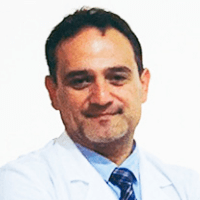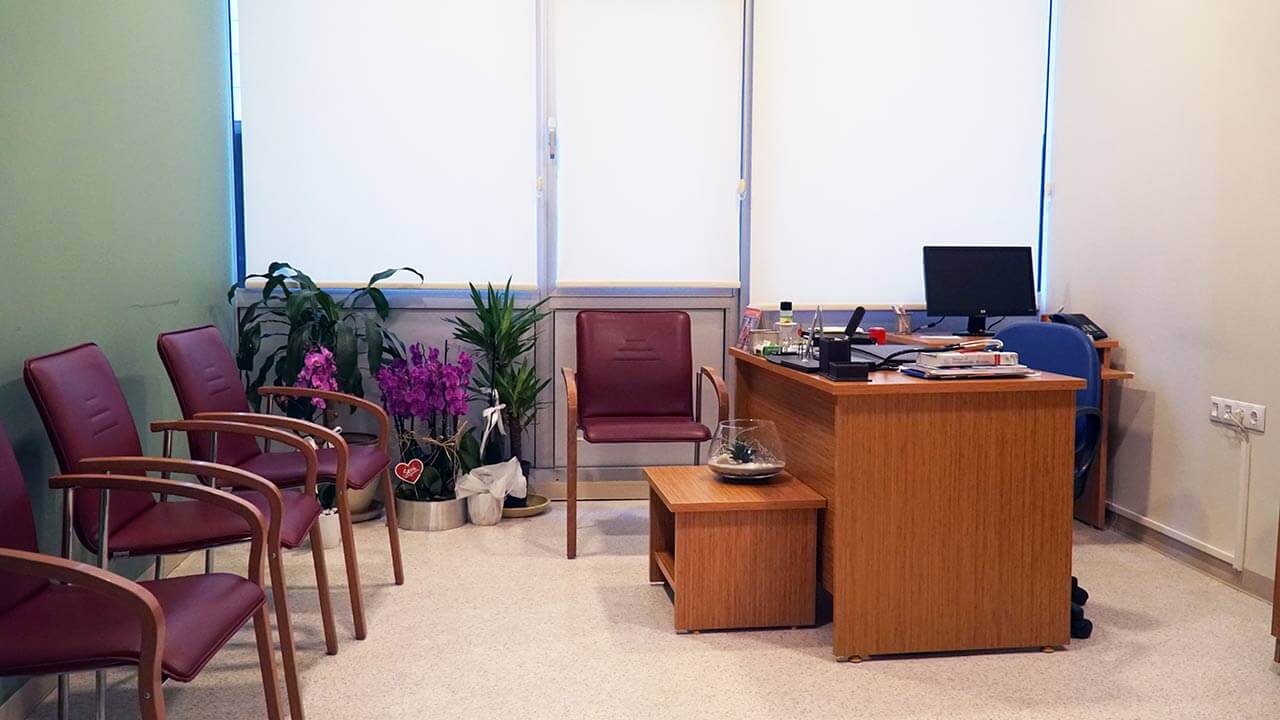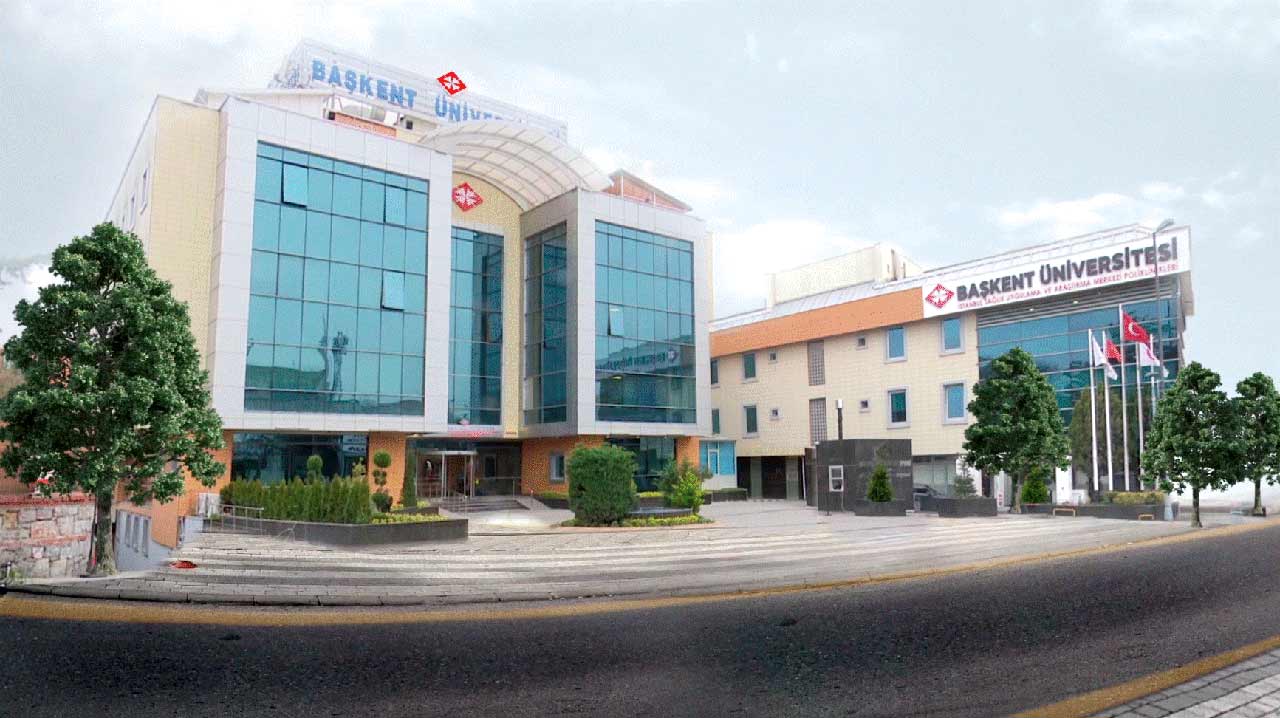
About the Department of Kidney and Liver Transplantation in Adults and Children at Baskent University Hospital Istanbul
The Department of Kidney and Liver Transplantation in Adults and Children at the Baskent University Hospital Istanbul offers the full range of services in its area of competence. The department's specialists successfully perform kidney and liver transplant surgery in patients suffering from chronic renal failure, chronic liver failure, liver cirrhosis, liver cancer and other life-threatening pathologies. In some clinical cases, transplantation is the only treatment to save a person's life. The department's tasks also include preparing the patient for transplantation and subsequent care in order to prevent the rejection of the transplanted organ. The department's specialists have already performed more than 2,868 successful kidney transplantations, as well as 598 liver transplantations. The surgeons have colossal clinical experience and professional skills, due to which they perform organ transplant surgery of any degree of complexity with excellent results.The department is headed by Prof. Dr. med. Ahmet Serdar Karaca.
The department's doctors specialize in performing kidney transplantation for patients with end-stage kidney disease. This disease can affect people of all age groups, including children, so the department also treats young patients with end-stage kidney diseases. Transplantation is the only life-saving treatment for a patient with this diagnosis. The department performs transplantations from living donors. Preference is given to the transplantation from related donors – parents, brothers, sisters, etc. However, if the donor material is compatible, the doctors can also perform kidney transplantation from unrelated donors. The mandatory diagnostic tests for assessing the compatibility of recipient and donor tissues are blood group determination and HLA typing. If these indicators are satisfactory, the department's specialists carefully study the donor's anamnesis and carry out comprehensive diagnostics to assess a person's health in order to exclude any risks to his body. It is obvious that the recipient also undergoes a number of mandatory diagnostic tests, including complete blood count, studies to assess the function of the liver, kidneys, endocrine system, electrocardiography, echocardiography, chest X-ray, ultrasound scanning of the abdominal organs, etc.
A kidney transplant is performed under general anesthesia. The first stage of the intervention is donor organ harvesting, which is carried out using sparing laparoscopic techniques. Due to the minimal invasiveness of the intervention, the postoperative recovery of the donor takes place in the shortest possible time, and soon he can return to his daily life. This is followed by the main stage of the operation – the transfer of the previously prepared donor material to the recipient area. After successful transplantation, the main task of the doctors is to prevent rejection of the transplanted organ. To do this, the patient must follow all the recommendations of doctors, keep a diet and take the prescribed complex of drugs, including immunosuppressants. The average duration of the donor kidney functioning is 10-15 years. After this period, the patient will need to undergo dialysis procedures or repeat kidney transplantation.
Liver transplantation is another important focus of the department's clinical practice. The operation is one of the most complicated interventions in transplant medicine and it can be performed only when the destruction of the organ becomes incompatible with human life. The main indications for liver transplantation include decompensated cirrhosis, acute liver failure, viral hepatitis B and C, Wilson's disease, liver cancer, congenital malformations of the liver and bile ducts, liver injury with crushing of its tissues and other severe pathologies. As in the case of kidney transplantation, the decision to perform an operation is made only after comprehensive diagnostics. Prior to the operation, the patient needs to undergo such diagnostic tests as liver biopsy, ultrasound and MRI scanning of the abdominal organs, Doppler ultrasound of the liver tissues and vessels, electrocardiography and echocardiography, various blood tests, including tests for the compatibility of the patient's body and the donor's liver.
In most cases, the department's surgeons perform an orthotopic liver transplantation, which involves the transplantation of the entire organ or its part to an anatomical site. In the case of a heterotopic liver transplantation, the recipient's own organ is not removed, but the donor liver is replaced by the spleen or kidney. The duration of the operation is 6-12 hours. After the operation, the patient is transferred to the intensive care unit, where he stays for 1-2 days. The average hospital stay after liver transplantation for the recipient is about 15 days. All this time, the doctors monitor the patient and take all the necessary therapeutic measures to prevent rejection of the transplanted organ. The patient will have the need for lifelong use of immunosuppressants to suppress the activity of the immune system in order to prevent rejection of the new liver.
The department's range of medical services includes:
- Kidney transplantation
- Preparation for kidney transplantation
- Living donor kidney transplantation, including laparoscopic surgery for donor material harvesting
- Kidney transplantation in children
- Follow-up care after kidney transplantation
- Liver transplantation
- Preparation for liver transplantation
- Liver transplantation
- Orthotopic liver transplantation
- Heterotopic liver transplantation
- Follow-up care after liver transplantation
- Other therapeutic options
Curriculum vitae
Higher Education and Postgraduate Training
- 1996 Master's Degree, Faculty of Medicine, Ankara University.
- 2002 Doctorate in Medicine, Faculty of Medicine, Ankara University.
- 2009 Assistant Professor, Department of General Surgery, Rize University.
- 2014 Associate Professor, Department of General Surgery, Numune Teaching and Research Hospital, Ankara.
Professional Career
- 2002 - 2006 Surgeon, Department of General Surgery, State Hospital in Bartin.
- 2006 - 2008 Surgeon, Department of General Surgery, Ataturk Training and Research Hospital in Ankara.
- 2009 - 2010 Assistant Professor, Department of General Surgery (specialization in liver and kidney transplantation), Faculty of Medicine, Ankara University.
- 2010 - 2013 Surgeon, Deputy Head of the Turkish Public Health Agency, Ministry of Health of the Republic of Turkey.
- 2013 - 2014 Surgeon, Department of General Surgery, Numune Teaching and Research Hospital, Ankara.
- 2014 - 2017 Associate Professor, Course Lecturer in Liver and Bile Duct Surgery, Department of General Surgery, Numune Teaching and Research Hospital, Ankara.
- 2017 - 2020 Associate Professor, Department of General Surgery, Faculty of Medicine, Bashkent University.
- Since 2020 Professor, Department of General Surgery, Faculty of Medicine, Bashkent University.
Awards and Honors
- 2014 Best Article Award, Journal of Clinical and Analytical Medicine (JCAM).
- Award for the First Use of a Trocar in a Laparoscopic Cholecystectomy.
Memberships in Professional Societies
- Turkish Surgical Association.
- Ankara Surgical Association.
- Turkish Association of Vascular Surgery.
- Turkish Society of Colon and Rectal Surgery.
- Turkish Association of Clinical Enteral and Parenteral Nutrition.
- Turkish Association for Endoscopic and Laparoscopic Surgery.
- Turkish Association of Trauma and Emergency Surgery.
- Turkish Society of Hepato-Pancreato-Biliary Surgery.
- European Society of Coloproctology.
Photo of the doctor: (c) Istanbul Başkent Hospital






